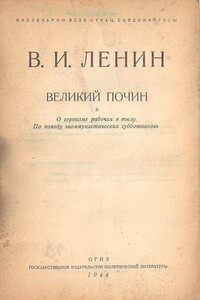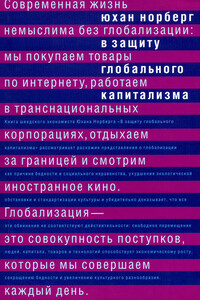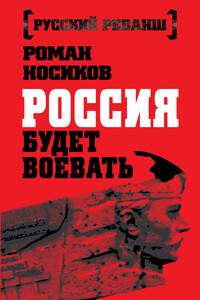Нации и этничность в гуманитарных науках. Этнические, протонациональные и национальные нарративы. Формирование и репрезентация | страница 27
l) they considered themselves Eastern Franks and Germans, 2) Charlemagne conquered the impérium from the Langobards for the West Franks, while Otto the Great conquered it again from the Langobards for the East Franks[50]. While the political character of Frederick’s speeches and his goal to reestablish imperial rule in Italy is obvious, his source of legitimacy, the legacy of the Franks, was fervently denied by the Senate of Rome, which claimed that only the city of Rome may bestow the impérium Romanům upon a person, and that not even the pope could do so[51]. The papacy and many Italian authors, however, believed that the impérium was the pope’s to give[52]. Even pro-Hohenstaufen authors such as Otto Mořena[53] and the anonymous author of the Carmen de gestis Friderici I. in Lombardia held this view[54]. Frederick and his court, on the other hand, had a different view: the emperor was crowned by God while the pope was merely the physical instance through which God operated[55], just like God anointed David through his agent, the prophet Samuel[56].
The question is: what was at stake for both Conrad III and Frederick I? While the first could not force his opposition in Germany to submit, Frederick had practically no opposition there except in the 1180s. What they had in common was the plan to restore imperial rule over Italy and conquer the Kingdom of Sicily while giving out as few concessions to the papacy and the Byzantine Empire as possible[57]. Both Conrad III and Frederick I were elected as kings when another candidate was the legal heir of the previous ruler: Conrad succeeded Lothair III instead of his son-in-law Henry X of Bavaria, and Frederick succeeded Conrad III instead of Conrad’s seven-year-old son Frederick[58]. However, there is a difference between the two Hohenstaufen. While Conrad III died never having achieved unity in the empire, Frederick’s catastrophic Italian campaign of 1166–1168 produced unexpected results: half his court had died of the plague, including his young cousin, Frederick of Rothenburg. Barbarossa was now free to crown his own son, Henry VI, junior king in 1169






